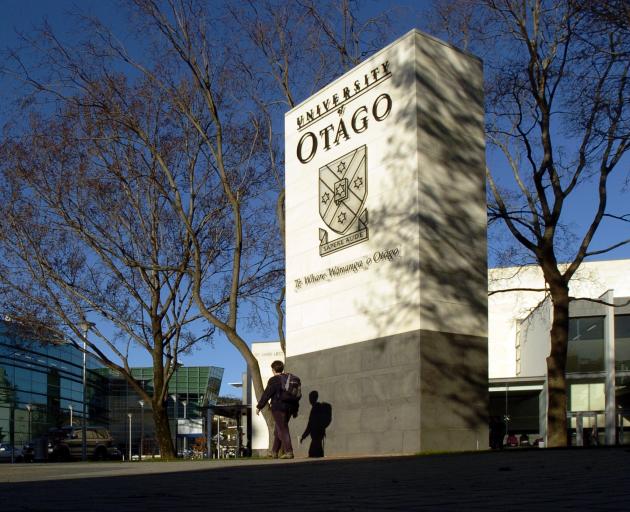
Louisa Baillie worked as an anatomical model fabricator from November 2017 until her employment ended in disputed circumstances in March last year after the university’s decision to impose a vaccine mandate.
Ms Baillie claimed the university dismissed her too hastily, prompting an Employment Relations Authority (ERA) case.
She said the university did not have sufficient regard to her personal circumstances and did not, in consultation with her, exhaust alternatives to dismissal such as her working from home, and available paid and unpaid leave options.
The university argued the dismissal was justified on the basis of the vaccine mandate and there were no reasonable alternatives to dismissal.
ERA member David Beck’s decision released this week said the university acted too hastily in dismissing Ms Baillie with no pressure to fill her role on an interim basis.
There was no suggestion Ms Baillie was anything other than an asset to the university and her work was highly regarded.
Ms Baillie’s final 2021 performance development review conducted by her head of department had an overall "outstanding" assessment — the highest accolade.
During the first Covid-19 lockdown Ms Baillie worked from home utilising courier materials and in the second lockdown period Ms Baillie again worked from home but on more limited tasks due to an inability to quickly organise practical work.
On December 7, 2021, the university said it would "require mandatory vaccinations for its staff, students, contractors, visitors and members of the public to enter its premises".
Ms Baillie described herself in communications as "vaccine-hesitant"and suggested she could again work from home.
Counsel for the university argued managing Ms Baillie working from home was problematic from a practical perspective.
Counsel suggested Ms Baillie was dismissed after extensive consultation in which neither party had been able to identify suitable alternatives that would allow her to remain employed.
However, Mr Beck said Ms Baillie having some latitude to work from home in combination with an available paid leave option, while not an ideal solution, should have been explored more carefully.
"In the circumstances, I cannot find that Ms Baillie’s decision to not be vaccinated and her refusal to initially confirm her vaccination status is a ground for contribution to the circumstances that led to her personal grievance — the grievance was about her employer’s failure to follow a statutory obligation that they were aware of and unfortunately transgressed," Mr Beck said.
He said the university’s approach to consultation and correspondence with Ms Baillie was conducted in good faith, but was "best described as muddled with too many parties involved at various times and poor communication evident".
"Had this involved a smaller organisation, my findings may have been different, but the university is a large employer with a significant HR capability, it has heightened statutory good-employer and good-faith obligations and vast staff experience with access to legal advice."
Ms Baillie was awarded $20,000 compensation and $33,023.50 (gross) lost remuneration.
Costs are reserved.











